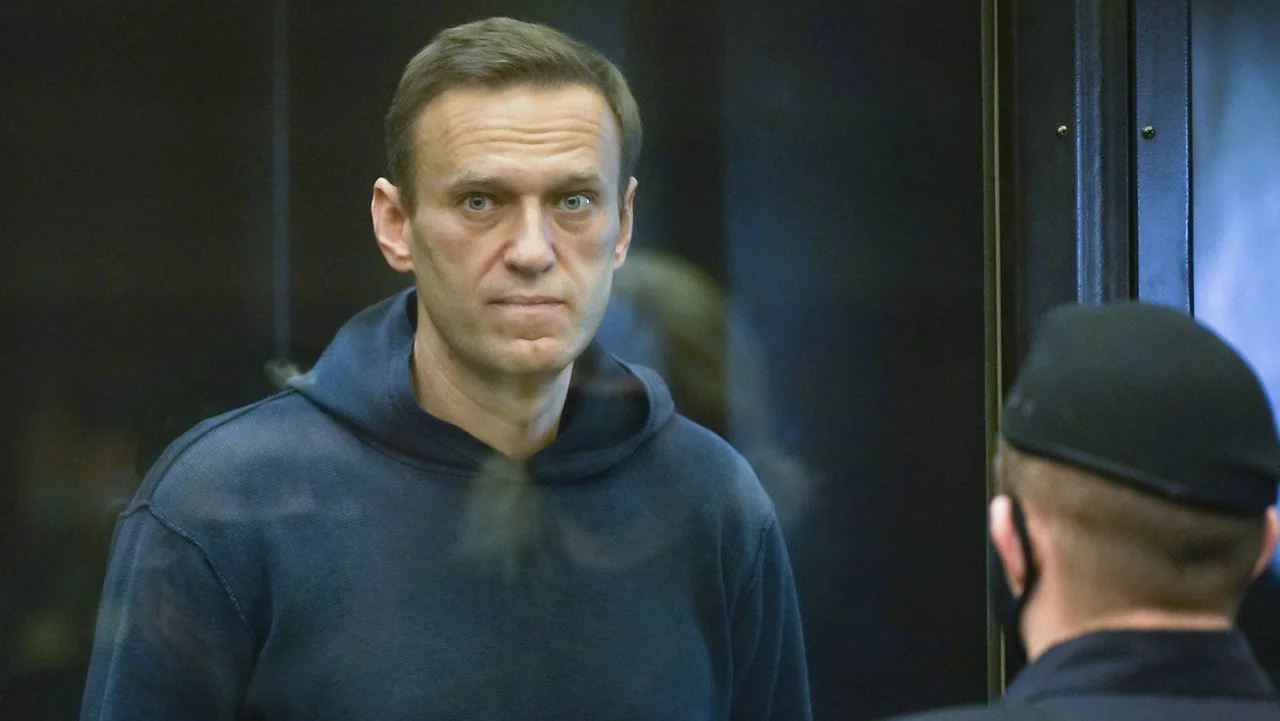In a development that has sparked international attention, former Russian opposition leader Alexei Navalny has been handed a 19-year prison sentence by a Russian court.
The charges against Navalny include extremism and a series of related offenses. This verdict comes while Navalny is already serving a jail term for embezzlement charges, a situation his allies view as politically motivated.
Navalny appeared in court wearing his prison garb, seemingly unfazed by the severity of the sentence. His demeanor was a mix of resilience and interaction with fellow inmates, creating a remarkable scene amidst the courtroom proceedings.
The spokesperson for Navalny, Kira Yarmysh, confirmed the 19-year sentence, emphasizing that it is to be served in a maximum-security penal colony. This harsh sentence has raised concerns and condemnation from various quarters, both within Russia and abroad.
The former opposition leader had foreseen a lengthy and challenging legal battle. He had previously characterized his arrest upon returning to Russia from Germany, where he had been poisoned, as a “Stalinist” trial. “It will be a long term.
Navalny’s legal woes are far from new. He is currently serving a nine-year sentence for embezzlement. The prosecution had sought an even more severe 20-year term, a move that many perceive as an attempt to quell his political activism and send a strong message to others who challenge the status quo.
In response to the heavy sentence, Navalny himself noted that the main aim of such a punitive measure is to instill fear and intimidation. The case has been marked by the ongoing tension between the Russian government and those advocating for democratic reforms and transparency.
Navalny’s influence has extended well beyond traditional political spheres. His significant presence on social media platforms has enabled him to expose corruption within the Russian elite and galvanize widespread anti-government protests. His resilience and calls for resistance have been a rallying cry for many who seek change within the country.
As the world watches, Navalny’s sentencing underscores the complexities of the political landscape in Russia. The verdict is not just about one individual; it resonates with broader discussions about freedom of expression, human rights, and the rule of law.




